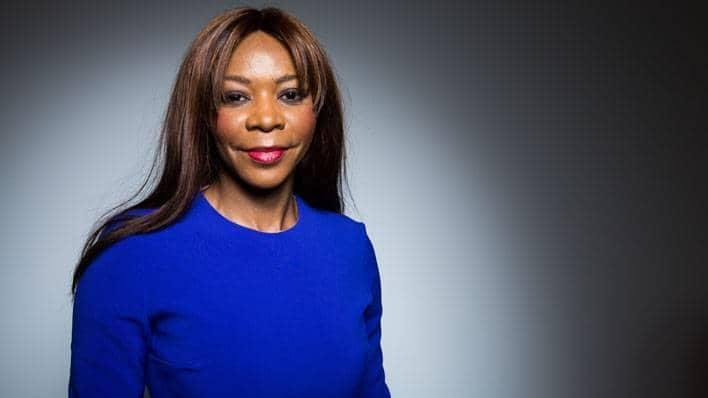
Leading Questions: Dambisa Moyo
Dambisa Moyo has been a Non-Executive Director on the board of Barclays since 2010
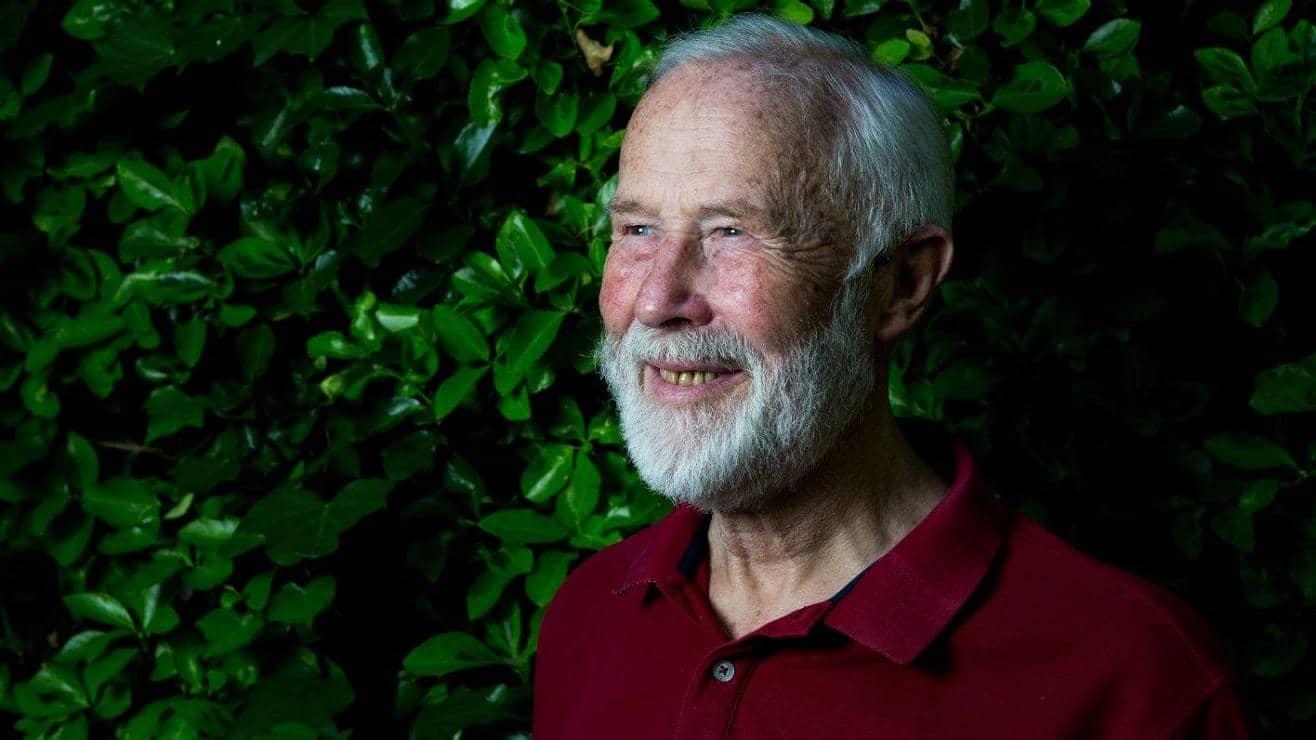
Before becoming a full-time mountaineer, you were a tank commander. What did the army teach you about leadership?
I learnt a heck of a lot about what leadership is all about as a troop commander in the Second Royal Tank Regiment. I was fresh out of Sandhurst and had done very well being an under-officer.
I thought I knew it all! I didn’t do the sensible thing and consult closely with the troop sergeant – who had served in WWII, right the way through the desert wars and was a wonderful, wise character – but just plunged right in.
I made so many mistakes in the first week – being over-domineering without knowing what I was doing. It took me about three months to undo the damage.
I was discovering that leadership is not about relying on the pips on your shoulders, it’s not about commanding people, it’s about gaining the respect and confidence of the people that you’re leading by listening to them and caring for them.
For a time after that you combined mountaineering with a more conventional career, at Unilever as a management trainee. Did the business world offer any useful tips to you as an expedition leader?
As part of the management training process I spent the first six months around all departments and the one I found particularly exciting and intriguing was marketing. As an expedition leader/organiser you’ve got to become a good marketer and sales person. In selling your ideas and getting people on board – and raising the money. So in that respect I learnt a lot.
What do you think makes a good leader?
As a leader you need vision, and you need to bring your team into that vision. To do that you have to gain the respect, and more importantly the trust, of the team.
Sometimes you have to do something that you think is vital for the success of the project, or is important ethically. And then as a leader you’ve got to say, “I’ve listened to you, I’ve consulted, but this is what we’re going to do”. Your team will accept that, provided they trust and respect you.
Do you think there is such a thing as a born leader or is it something that can be learnt?
I think a brilliant leader is born with that potential, but people who are not natural leaders can be brought along by a combination of good mentoring, good support, and what they learn on the job. I don’t think they’ll ever be great leaders, but they can be capable leaders.
I think a brilliant leader is born with that potential
How would you describe your own leadership style?
I think my leadership is one that is both consensual, in the sense I believe in bringing people with me, but is also focused and to a degree inspirational. So I have got that clear vision of what I want to do. I suppose in mountaineering it’s quite simple: to get to the top of that mountain. And you need to get that group of people with you to believe that they can do it.
When you’re building a team, what qualities do you look for?
The first thing you need on an expedition is brilliant, determined climbers who have the skill and ambition to get to the top of that mountain. Amongst your lead climbers, you need climbers who you know you can ask to take on a support role. Climbers who are prepared to sacrifice personal ambition to help someone else.
And then you need people in support who have the necessary skills. You need doctors, people to run different camps. So you need support people who have no aspiration to reach the top of the mountain but are first-class in their area.
And finally you need people with creative flair and drive. At times they can be terribly difficult to manage, and you’ve got to be capable of managing them and ensuring they are working well in the team. There’s no room for prima donnas in any type of organisation.
What’s the toughest decision you ever had to make on the mountain?
I think the most difficult decision I’ve made is when putting an expedition together and seeing someone who has performed a very important role on a previous expedition but I felt wouldn’t work for this particular expedition.
I did that once with Don Whillans, one of the most brilliant climbers I’d ever climbed with, who had been my deputy leader on the south face of Annapurna. He was quite an abrasive character. In some ways that abrasiveness helped us to the top of the mountain, but I didn’t want to repeat it.
Who was your biggest inspiration as a leader?
My great mentor was John Hunt, the leader of the great 1953 Everest expedition. He became a very close friend as well, but he provided a real blueprint on leadership on that expedition. He stepped into a very difficult situation. The leader who had originally been appointed (Eric Shipton) wasn’t the right person for that job. He was eased out and Hunt was brought in. That’s a difficult job to take on, especially as Eric was very charismatic and his team loved him. But John took that expedition over and provided the logistical strength that the team needed. He was a wonderfully fair leader.
Leadership is not about the pips on your shoulders

Dambisa Moyo has been a Non-Executive Director on the board of Barclays since 2010
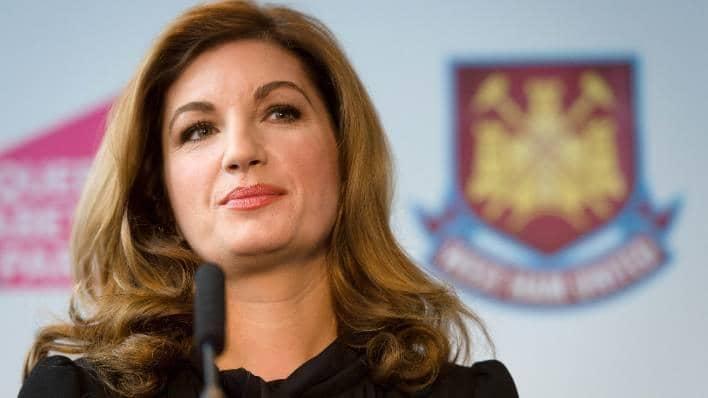
Baroness Karren Brady has spent more than two decades in Premier League football
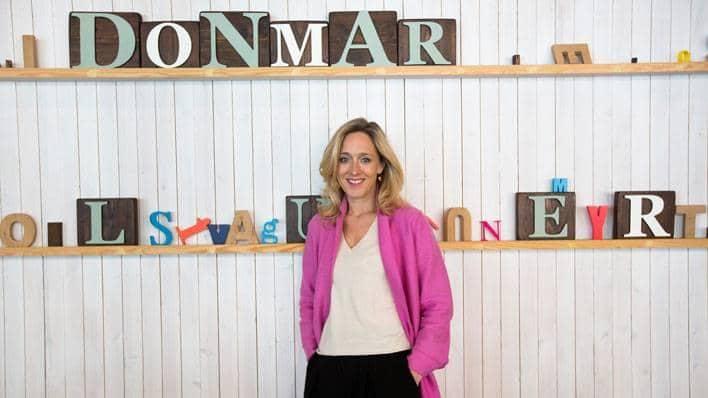
Kate Pakenham is the Executive Producer at the Donmar Warehouse, a not-for-profit theatre in Covent Garden, London, of which Barclays is the principal sponsor
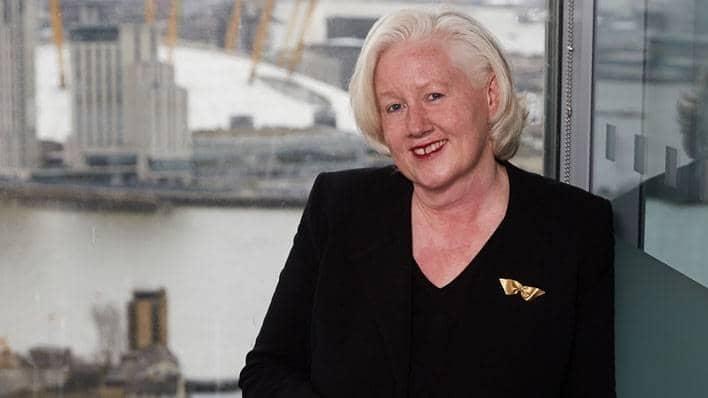
Catherine McGrath knows what it’s like to have your opinions “discounted” by the most senior voice in the room – but for her, feedback is “a gift”, and in a successful and motivated team, it should flow both ways